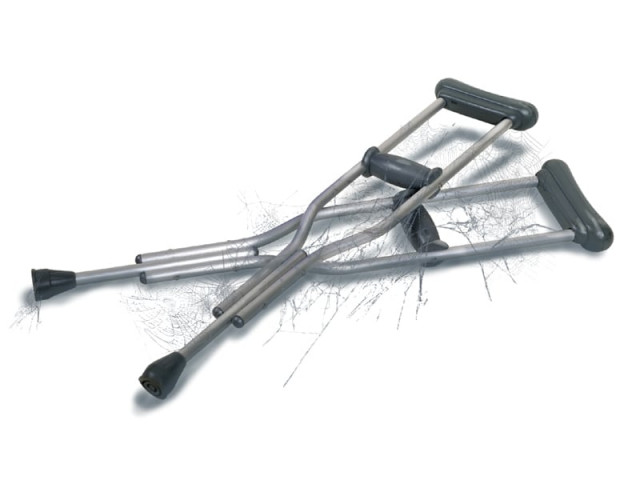Disabled: Deprived of basic education, health services and even livelihood opportunities
Guidelines on how to promote inclusion of PWDs in development.

People with disabilities in rural areas are deprived of basic education, health services and livelihood opportunities.
These remarks were made at the launching ceremony of guidelines for development agencies to promote rehabilitation and inclusion of people with disabilities (PWDs) at a hotel on Wednesday.
The guidelines have been developed by Special Talent Exchange Programme (STEP), Civil Society Human and Institutional Development Programme (CHIP), Sight Savers and Directorate General of Special Education and Social Welfare (DGSESW) and are based on lessons learnt during a project titled “Inclusive Community Development through Mainstreaming PWDs”.
The guidelines will provide step-by-step guidance on how an NGO can promote inclusion of PWDs in various spectrums of development and help make an action plan for the implementation of the United Nations Convention on the Rights of Persons with Disabilities, which was ratified last year.
STEP President Atif Sheikh said an inclusive society is still far from reality, as PWDs are not included in the decision-making process in development programmes. This results in their being deprived of facilities in all sectors, including housing, sanitation, health and education.
“In development interventions for PWDs, most donors believe that PWDs only need charity,” he added.
The government continues to ignore PWDs. Sheikh said, “Unfortunately, not even a single penny has been allocated for PWDs even in this budget which clearly reflects the government’s lack of commitment towards empowering them.”
He regretted that there are no updated statistics available on PWDs and that the government is using data collected in the now outdated 1998 census.
Sharing the major challenges faced during the project, he said some PWDs were reluctant to use assistive devices because of social pressure. Moreover, there were very few certified trainers available in rural areas to teach sign language.
CHIP CEO Lubna Hashmat shared the findings of a survey conducted in Jehlum, Swabi and Skardu during the project that revealed that about 86% of PWDs aged between 18 to 55 years were unemployed, while the rest were engaged in farming due to lack of opportunities.
Drawing attention to the misconceptions surrounding people with disabilities, which can at times lead to maltreatment, she recounted how a matric student was isolated by his family in Jehlum.
Confined to a room for a whole year, he had not been able to bathe or change his clothes, as the family considered him a curse.
Sight Savers Programme Manager Munazza Gillani said, ‘There is no infrastructure, vocational training centre or even teachers for PWDs in rural areas.”
DGSESW International Coordination Deputy Director Muhammad Jawad said a major factor why PWDs in rural areas were deprived of training was lack of incentives for professionals hired to teach trainers in these areas.
Published In The Express Tribune, June 14th, 2012.



















COMMENTS
Comments are moderated and generally will be posted if they are on-topic and not abusive.
For more information, please see our Comments FAQ